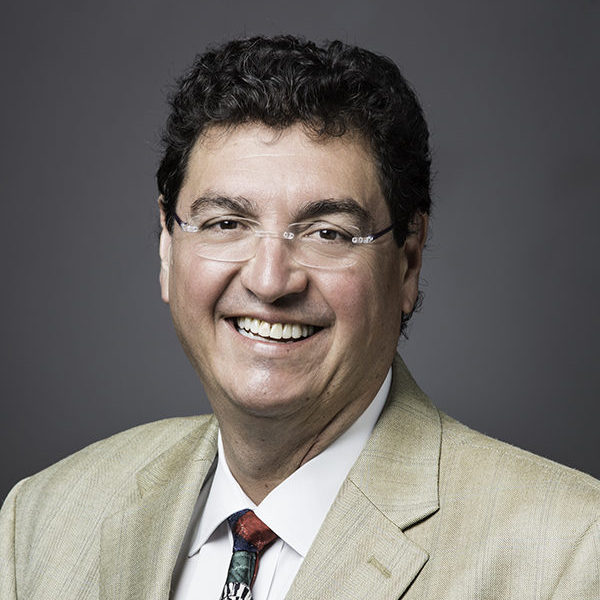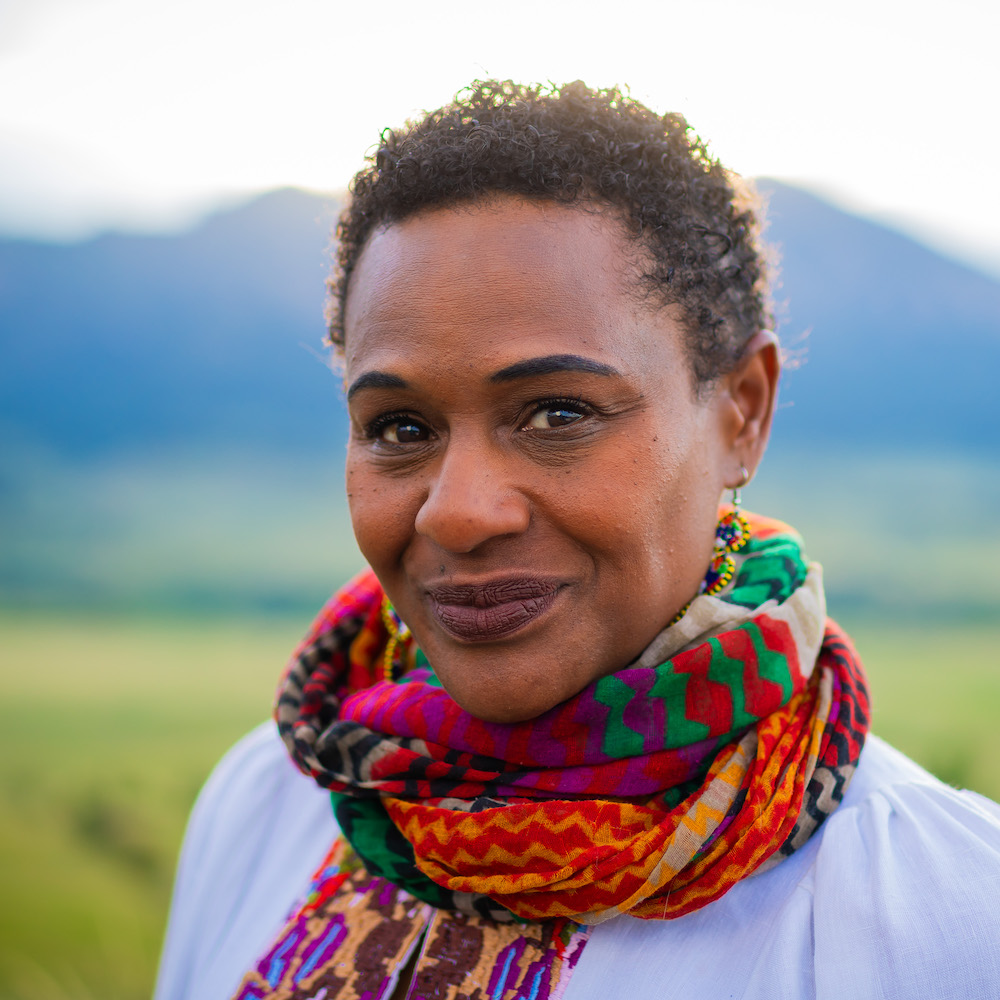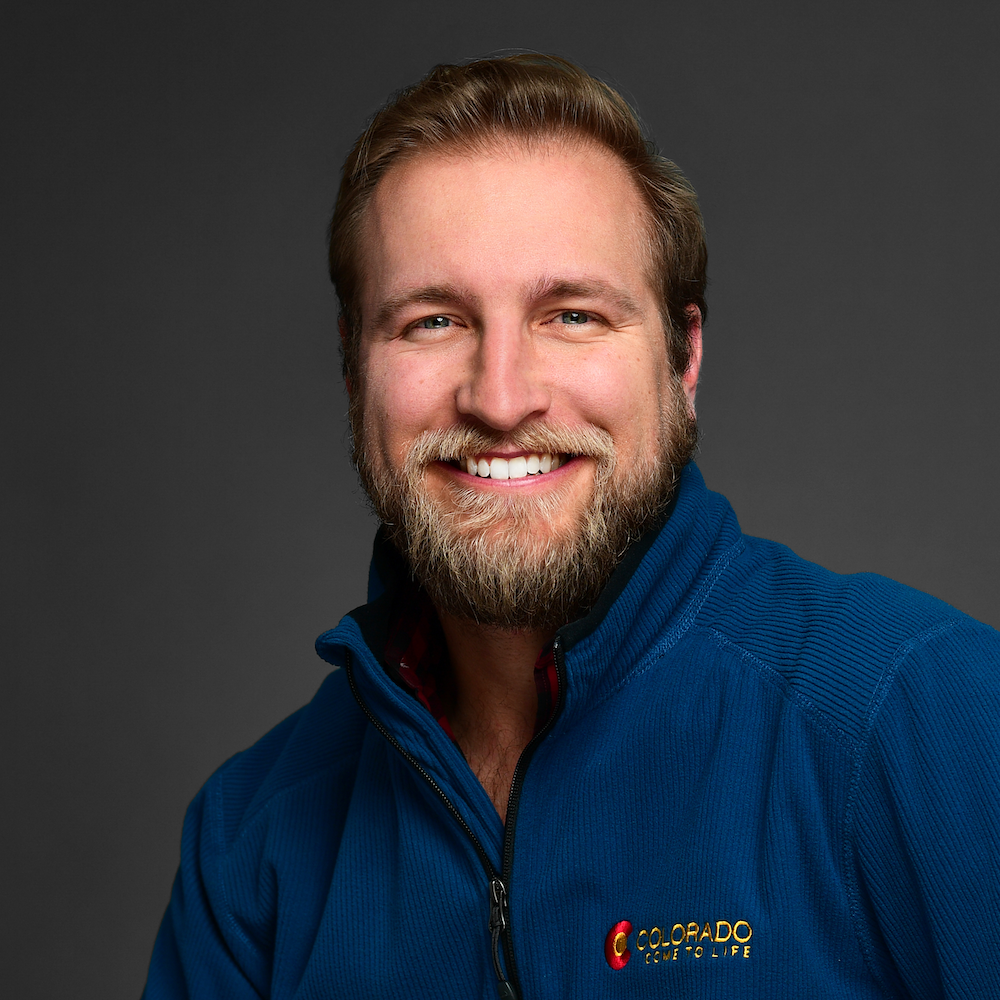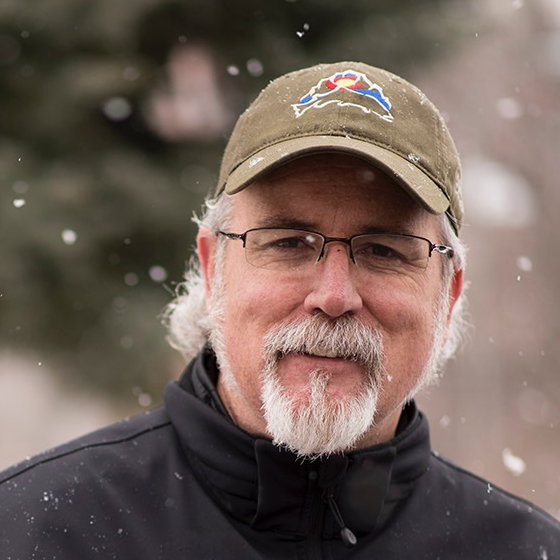Face it, Colorado is one big outdoor playground.
Biking and boating, skiing and snowboarding, fishing, hiking, hunting, white water rafting and on and on. Colorado offers it all, but… there’s a huge catch looming.
Water.
Climate change, drought, and the sometimes-poor management of natural resources are impacting the state’s $9.6 billion outdoor recreation industry.
“How we adjust to that change is going to be key,” said David Leinweber, who owns a trout fishing business. “I don’t think we can hold back Mother Nature, particularly in the West.”
Leinweber is one of three panelists who will address water and the state’s outdoor industry at this year’s CSU Spur Water in the West Symposium. The theme of the day-long event is “Next Gen Water: From AI to Gen Z.” Keynotes and other panels will focus on agriculture, AI and machine learning, indigenous and tribal water, the next gen workforce, and other topics.
Panel details
What: Next Gen Outdoor Industry panel at the CSU Spur Water in the West Symposium
When: 1-2 p.m., Thursday, Nov. 9
Where: CSU Spur Hydro building, 4777 National Western Drive, Denver
A. Alonso Aguirre, dean of the Warner College of Natural Resources, will moderate the panel on outdoor recreation, leading the discussion and also inviting questions from the audience.
“I want to come up with some solutions rather than just state the problems,” he said. “I want to hear from them in a positive way what things can be done by the general public, by politicians, by scientists, to try to improve the quality of life here in the West. The drought is here to stay.”
The other members of the panel are Taishya Adams and Conor Hall.




Dean A. Alonso Aguirre, left, will moderate the Next Gen Outdoor Industry panel with Taishya Adams, Conor Hall, David Leinweber.
Adams is the founder and CEO of Mukuyu Collective, a consulting firm specializing in environmental education and stewardship. She was the first Black woman to serve on the Colorado Parks and Wildlife Commission, which sets regulations and policies for Colorado’s 42 state parks, and also helps the state manage wildfires.
Hall is the director of the state Office of Outdoor Recreation Industry. Colorado boasts 22 million acres of public land, 105,344 miles of rivers, 690 peaks higher than 13,000 feet, and expansive vistas of prairies, mountain valleys, and desert canyons.
Panelist Leinweber owns Angler’s Covey, a fly-fishing and tour-guide business at the base of Pikes Peak.
“Our business is only as good as the fishing,” he said.
Water is a big part of Leinweber’s other job as a Colorado Springs city councilman. He took office in April, two months after the city passed an ordinance requiring its utility to keep its water supply at 128% of demand before new land can be annexed. Some exceptions can be made.
“I’m listening to developers who can’t build because they can’t get any water,” Leinweber said.
He added that despite growth, water consumption in the city is down because of conservation efforts.
That’s the same story with Denver Water, which serves 1.5 million people in Denver and a portion of the suburbs.
“Denver Water’s work on conservation and efficiency has led to a 36% per capita water use reduction since 2000,” said spokesman Todd Hartman. “We are using about as much water as we did in the 1970s, despite the fact that we have about 500,000 more people and 500,000 more jobs in our service area.”
But planners know they can’t conserve their way of Colorado’s water woes.
“It’s very complicated with too many issues,” Dean Aguirre said, “but you have to try to start somewhere.”
Lynn Bartels worked as a journalist for 35 years, including stints at the Rocky Mountain News and The Denver Post.